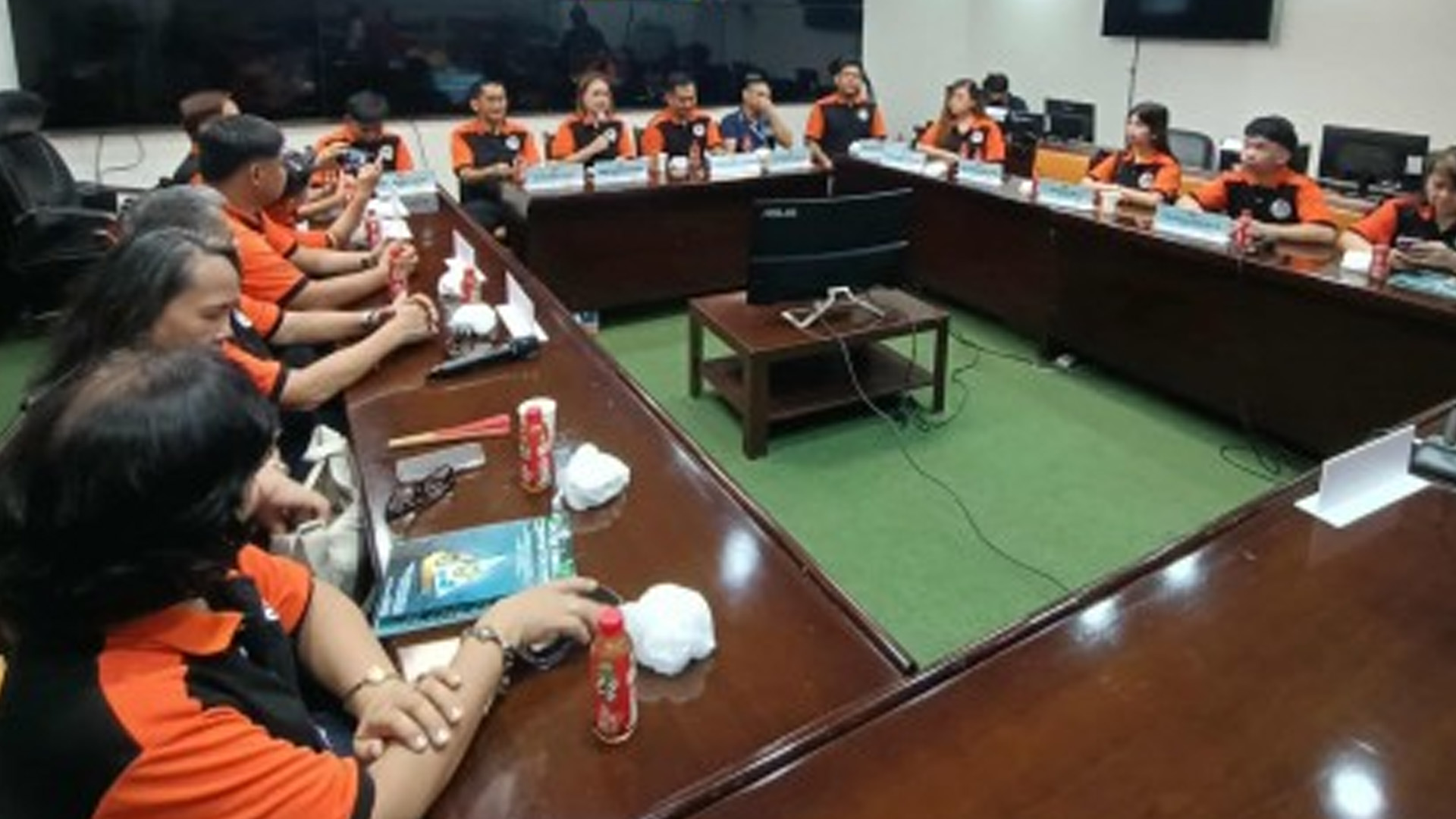Over a thousand agricultural and biosystems engineers (ABEs) will gather here this week for a convention aimed at highlighting their role in ensuring food security and sustainability.
The 74th annual national convention of the Philippine Society of Agricultural & Biosystems Engineers (PSABE) anchors on the theme “Bridging Sustainability and Innovations: Driving Collective Actions for Climate Resiliency and Water, Energy, and Food Security.”
“It’s a call for action, a roadmap for our profession as we navigate the complex challenges of today’s time,” PSABE president Janice Vargas said in a press conference on Monday.
“Climate change demands urgent solutions in ensuring the security of our water, energy, and food resources. It is of paramount importance for national development and for the well-being of every Filipino,” he added.
Around 1,200 delegates from across the country are expected to attend the convention, which also serves as a venue to inspire, educate, forge stronger collaborations, and discuss best practices, including adopting mechanization.
PSABE adviser Dr. Rodolfo Undan said most of the problems in the field are engineering in nature, so they can be solved with agricultural and biosystems principles.
Undan said PSABE has capability to support farm machinery, post-harvest production and processing, farm structures, smart agriculture and non-conventional energy.
PSABE engineer Juana Torran-Tapel, for her part, said the best practice adopted by the government is standardization, noting that machines passed through government regulation and testing to ensure they followed the standard for quality machinery.
She also said implementing mechanization should not be abrupt to prevent technology disruption. Instead, it should be done gradually so the target users can adjust, imbibe the technology and get upskilled.
“We have to embrace technology. We have to embrace advancement,” she said.
Following Sunday’s tree-planting activity and Monday’s opening ceremony, there will be a series of sessions, including continuing professional development, expanding the role of ABEs in local government units, global innovations and technical solutions, and the vital role of ABE in the academe.
The event will also have breakout sessions that will include, among others, topics on sustainable systems for food, water, and energy security, local strategies for agricultural and renewable resource management, and global perspectives on agricultural and biosystem innovations.
The gathering will also provide experiential learning and a study tour during the final day on April 25. (PNA)








